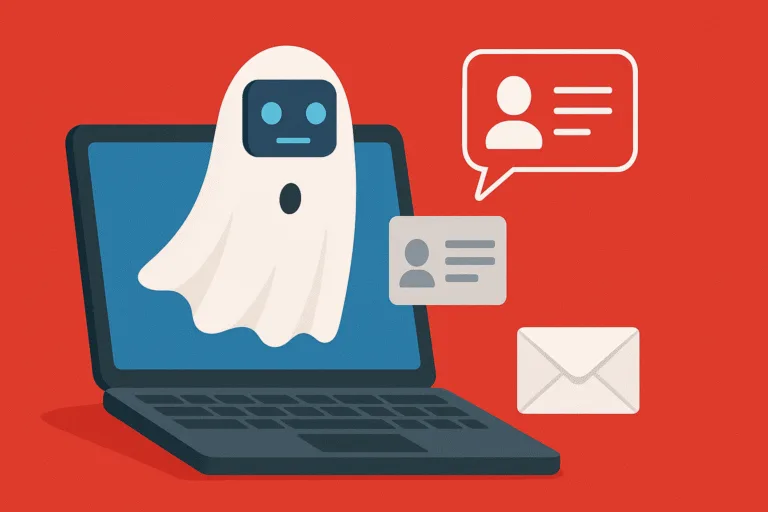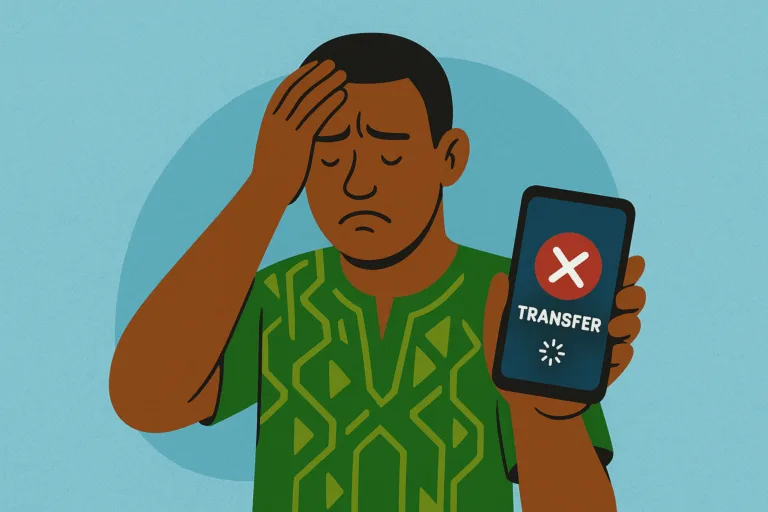Although technology has done more for humanity than we could ever imagine, it still raises some concerns. One of such concerns is Data Privacy.
For every service we try to use online, we are asked to provide bits of personal information like our email addresses. Social media platforms even raise more concerns because most people share everything about their personal lives there. This is why conversations about data privacy need to be had.
A single data breach can expose the identities of millions of users, lead to identity theft and blackmail, lawsuits, loss of users’ trust, and several other irreparable damages. Companies are usually caught between the devil and the deep blue sea due to the difficulty involved in balancing the use of user data for business purposes against users’ right to data privacy, which can easily lead to data exploitation. More companies need to make conscious efforts toward avoiding data exploitation and ensuring that their data privacy policies are strictly adhered to.
This article discusses the meaning of data privacy, its importance, data privacy technologies, its laws, and what you should consider before adopting a data privacy policy.
What is Data Privacy?
Data privacy refers to the protection of personal information directly from the people who should never have access to it and the ability to control who has access to such personal information.
It governs the magnitude to which an individual’s personal information can be shared or relayed to others. This personal information is known as Personal Identifiable Information (PII) and Personal Health Information (PHI). This information may include a person’s name, address, contact details, social security number, medical history, and financial information, such as credit card information and bank account information.
Why is Data Privacy Important?
When sensitive data gets into the wrong hands, things can go wrong. A privacy breach at a government agency, for example, could put sensitive information in the hands of an adversary state. A corporate breach can put internally developed data in the hands of a rival company.
A school security breach could put students’ Personally Identifiable Information (PII) in the hands of the wrong people who could steal their identities. A security breach at a clinic or doctor’s office can put people’s Personal Health Information (PHI) in the hands of those who could seek to exploit it.
As a result, it is critical to developing data privacy regulations that define who should have access to one’s personal information. However, developing these data privacy regulations does not guarantee that unauthorized persons will not have access to one’s personal information. Some critical data privacy technologies have been developed to protect one’s knowledge further. They include:
- Access control
Remote data manipulation is involved in access control. This means that users are not permitted to duplicate or store sensitive information and data on a portable system. It enables all systems to have some login, with conditions specified to lock the system in the event of suspicious or unusual logins. Most companies have measures to ensure that personal information is only available to authorized users. They have an Access Control List (ACL) that specifies who can access information and what level. ACLs are based primarily on a whitelist, a list of allowed items, and a blacklist, a list of banned items. - Antivirus
Malicious codes, signatures, and heuristics are detected by antivirus software. Trojans, root-kits, and other viruses that damage, steal, and alter sensitive information are detected and removed. Antivirus software is the most commonly used safety tool for consumers and personal data privacy. - Backup and recovery
If data is unintentionally or intentionally deleted/destroyed by cyberattacks or malicious software, a backup and recovery system enables users to instantly restore their data. - Firewalls
Firewalls prevent malicious traffic from entering a network and serve as the very first line of defense against attacks. They separate one network from another, allowing the user to only open specific ports at a time. Corporate firewall policies can be configured to block some or all traffic or to perform a verification. - Data encryption
Data privacy encryption guarantees that it cannot be easily accessed even if a user’s information is breached. Encrypted communication protocols ensure the security of sensitive and common data like credit card details and passwords.

Data Privacy Laws
As technological advancements enhanced data collection, governments worldwide began passing laws governing what types of information can be gathered about users, how that data can be used, and how data should be stored and protected. The following are some of the most significant regulatory privacy frameworks to be aware of:
- General Data Protection Regulation (GDPR): GDPR is a European Union (EU) law that establishes mandatory guidelines for how organizations and businesses must ethically use personal data.
- National Data Protection Laws: Many countries, including Australia, Canada, Singapore, and Japan, have detailed data protection legislation.
- California Consumer Privacy Act (CCPA): Necessitates that consumers be informed about what personal data is collected and provides consumers with control over their data and the right to request that organizations not sell their data.
In some countries, there are industry-specific privacy guidelines. For example, the Health Insurance Portability and Accountability Act (HIPAA) governs how healthcare data should be managed in the United States. However, several privacy advocates argue that individuals still do not have adequate control of what happens to their data. Additional data privacy laws may be enacted by governments worldwide in the future.
The significance of data privacy cannot be overstated. Before an individual can even consider protecting their privacy, they must be able to fully comprehend how their data is used or exploited by the various organizations that collect their data. If a person is unhappy with how their information is being used, they can take action, which usually discontinues the organization’s services.
There are laws in place to protect and regulate the type of information collected and how such information is collected and protected. It is ideal to strive for a decentralized community where the consumer holds power. This makes organizations realize that if they fail to uphold their users’ data privacy, they will not be able to stay in business for long.




